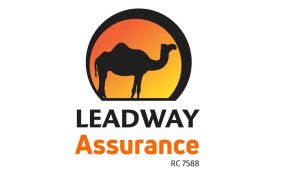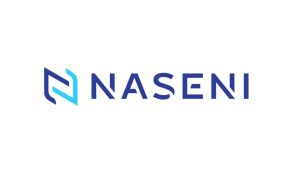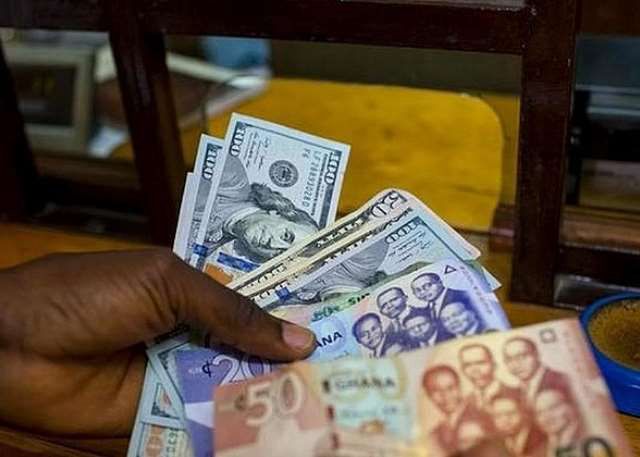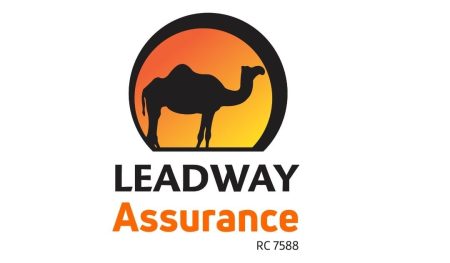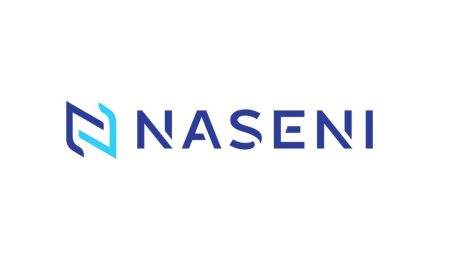The Ghanaian cedi exhibited a strengthening trend against the United States dollar as of Monday, February 17, 2025, according to data compiled from various sources including Cedirates.com, a reliable platform for currency and fuel updates in Ghana. The buying rate of the cedi against the dollar reached GHS15.29, reflecting a 1-pesewa increase compared to the average rate on the preceding Friday. Concurrently, the selling rate rose by 3 pesewas to GHS15.77. This positive movement suggests a slight appreciation in the cedi’s value, potentially influenced by various economic factors such as increased dollar inflows, improved investor confidence, or governmental monetary policies.
Forex bureaus, which play a significant role in currency exchange transactions within Ghana, offered slightly different rates. Individuals looking to exchange dollars for cedis could secure a rate of GHS15.40, while those converting cedis to dollars faced a rate of GHS15.85. This difference, known as the spread, represents the profit margin for the forex bureaus and reflects the dynamics of supply and demand at this specific market level. The slightly higher rates at forex bureaus compared to the interbank market are typical, catering to smaller transactions and incorporating operational costs.
The interbank market, which facilitates larger transactions between banks and financial institutions, witnessed the cedi trading at GHS15.49 for buying dollars and GHS15.51 for selling dollars. This narrower spread compared to forex bureaus reflects the higher volume and lower transaction costs associated with interbank trading. The interbank rates provide a benchmark for the overall currency exchange market and influence the rates offered by other financial institutions.
The cedi also demonstrated relative strength against other major currencies. The average exchange rate for the British pound stood at GHS19.15 for converting pounds to cedis and GHS19.86 for converting cedis to pounds. Similarly, the euro traded at GHS15.92 for exchanging euros for cedis and GHS16.60 for converting cedis to euros. These rates indicate the relative values of these currencies against the cedi, reflecting international currency market fluctuations and specific economic relationships between Ghana and the respective currency zones. The Bank of Ghana’s interbank market listed the pound selling at GHS19.56 and the euro trading at GHS16.29, again demonstrating the slightly lower rates prevalent in the interbank market.
Money transfer operators, such as LemFi and Afriex, offered competitive rates for remittances from the US or the UK to Ghana. For dollar transfers, LemFi offered a rate of GHS15.31 per dollar, while Afriex provided a slightly more favorable rate of GHS15.15. For British pound transfers, LemFi’s rate was GHS19.28, and Afriex offered GHS19.46. Euro transfers through Afriex were priced at GHS15.95 per euro, while LemFi offered a slightly higher rate of GHS15.99. These rates demonstrate the competitive landscape of the remittance market, with operators vying to attract customers through favorable exchange rates and efficient transfer services. The slightly varying rates likely reflect differences in operational costs, transfer fees, and exchange rate margins.
For digital subscription payments using Visa and MasterCard for services like Netflix, Spotify, or Apple Music, the exchange rate was GHS16.59 per dollar. This rate, typically set by payment processors, reflects the costs associated with international transactions, currency conversion, and processing fees. It is generally higher than the interbank or forex bureau rates, incorporating the various charges associated with these specific types of transactions. The higher rate for digital subscriptions highlights the importance of considering exchange rates when making international online purchases.
In summary, the Ghanaian cedi demonstrated a strengthening trend against major currencies, including the US dollar, British pound, and the euro, as of February 17, 2025. This positive performance was reflected across various exchange platforms, including forex bureaus, the interbank market, and money transfer operators. While slight variations in rates existed across these platforms, the overall trend indicated a positive outlook for the cedi. Understanding these varied rates and the factors influencing them remains crucial for individuals and businesses engaged in international transactions and investments. The information provided offers a snapshot of the currency exchange landscape in Ghana, enabling informed decision-making regarding currency conversions and international payments.


